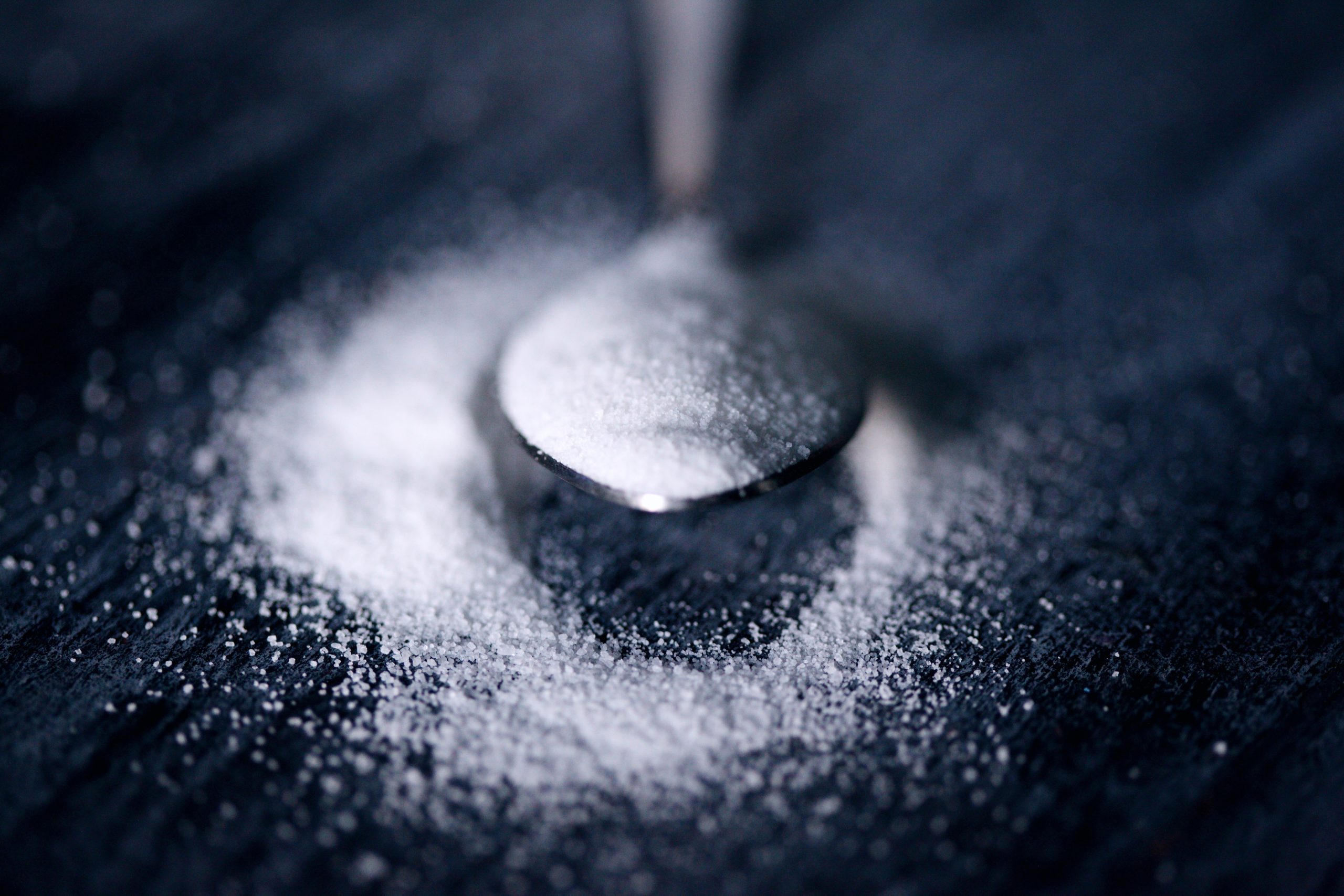People who develop prediabetes at age 71 or older have a much lower likelihood of progressing to the full-blown condition than do people diagnosed with prediabetes at a younger age.
By Wendy Haaf
That finding comes from research involving a subset of 3,412 participants in a large heart-health study who later attended two follow-ups: one between 2011 and 2013 (when they were aged between 71 and 90) and another between 2016 and 2017. Investigators made these health assessments based on results of two different blood tests for type 2 diabetes: the impaired-fasting glucose (IFG) test and the glycated hemoglobin (also known as A1C or HbA1C) test. Depending on the test, 59 and 44 per cent of participants, respectively, met the parameters for prediabetes at the first follow-up.
By the second follow-up, very few—eight and nine per cent, respectively—met the criteria for type 2 diabetes. What’s more, by the second follow-up, for 44 per cent of the IFG group and 13 per cent of the A1C group, their results had returned to the target ranges. Source: JAMA Internal Medicine
Photo by Sharon McCutcheon on Unsplash






